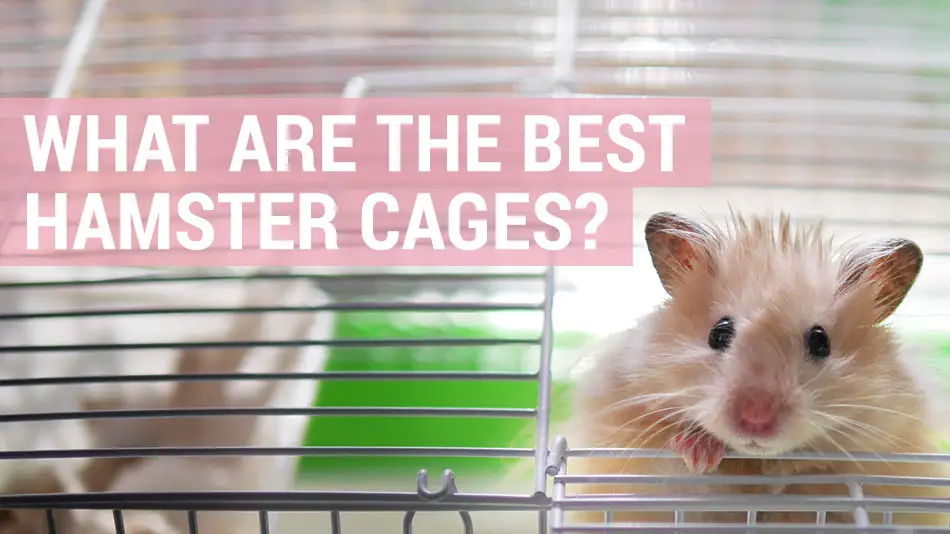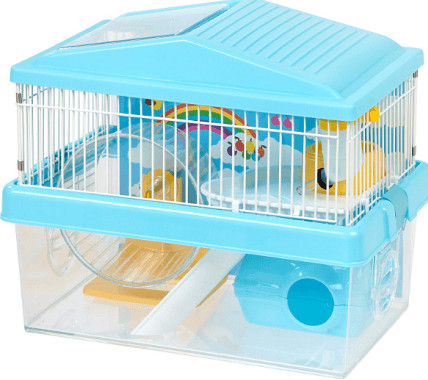

And a cage is the antithesis of the natural environment they'd be used to in the wild.
#Hamster chewing on plastic cage free
Hamsters in their natural habitat are free to roam wherever they please. It also doesn't help that hamsters aren't used to living in such a confined space. If your cage is smaller than the recommended 360 square inches, then bar-chewing could be a symptom of your hamster feeling trapped. You should never have more than one Syrian hamster in a cage and even housing more than one dwarf hamster in a cage would depend on your setup and how well the hamsters know one another. And that's for a single hamster, of course. Some hamster care experts suggest 360 square inches as the minimal size for a hamster cage while others go as high up as 450 square inches.

20 gallons for a hamster tank is only the minimum. The ASPCA mentions 20 gallons as the minimal hamster cage size but they also say that you should get the largest cage you can afford.
#Hamster chewing on plastic cage how to
We'll go over each possible reason here, and how to address the issue.

The main ones are simple things like boredom, the cage is too small, or just needing something to chew on. There are many different reasons your hamster bar-chewing habit has become excessive. To stop this behavior, we must first address why a hamster's bar-chewing habit has escalated? How to stop a hamster from chewing the cage barsĪ Dwarf Hamster Gnawing the Cage Bar | Photo by cdrussorusso But sometimes, chewing the bars becomes excessive, and too much gnawing on the metal can harm your hamster's teeth. If a hamster still takes an occasional nibble at the cage bars, that may be ok. Hamsters should get plenty of safe chew toys which they can munch on to their heart's content. It's a part of their biological process because their incisor teeth are always growing: the chewing helps keep the size of these teeth in check. The first thing you need to understand is that chewing on objects comes naturally to hamsters.

If you continue reading, I promise this information will help ensure your hamster's bar-chewing doesn't keep you up at night! I'll use the rest of this post to dive deeper into the issue at hand. This brief overview moves through these solutions rather quickly. Please don't do this as your first and only solution - you need to figure out what your hamster needs are and help make sure they have a spacious enclosure with plenty of entertainment. If these measures don't help, you could consider putting lemon juice on the bars, or even switching to a glass tank with no bars.


 0 kommentar(er)
0 kommentar(er)
